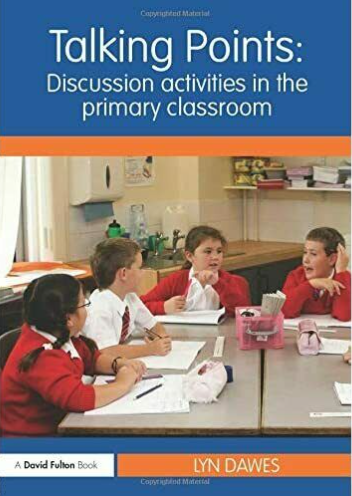
Lyn Dawes from Oracy Cambridge has done a lot of extremely useful work on Talking Points. In this approach, instead of asking questions, students are given a series of statements, and then decide whether they agree, disagree, or are unsure.
Lyn’s book Talking Points: Discussion activities in the primary classroom (2012) shows you how to use Talking Points across the curriculum. Examples include getting your pupils to explain how they know certain statements are true in Maths, and how to use Talking Points to deepen their understanding of stories and poems.
(I’ve included a photo below of some Talking Points I used recently in a discussion based on the story of Goldilocks.)
Do make sure that your class have good discussion habits; if not they may need to first spend some time working out what makes a good discussion, and developing some ground rules.
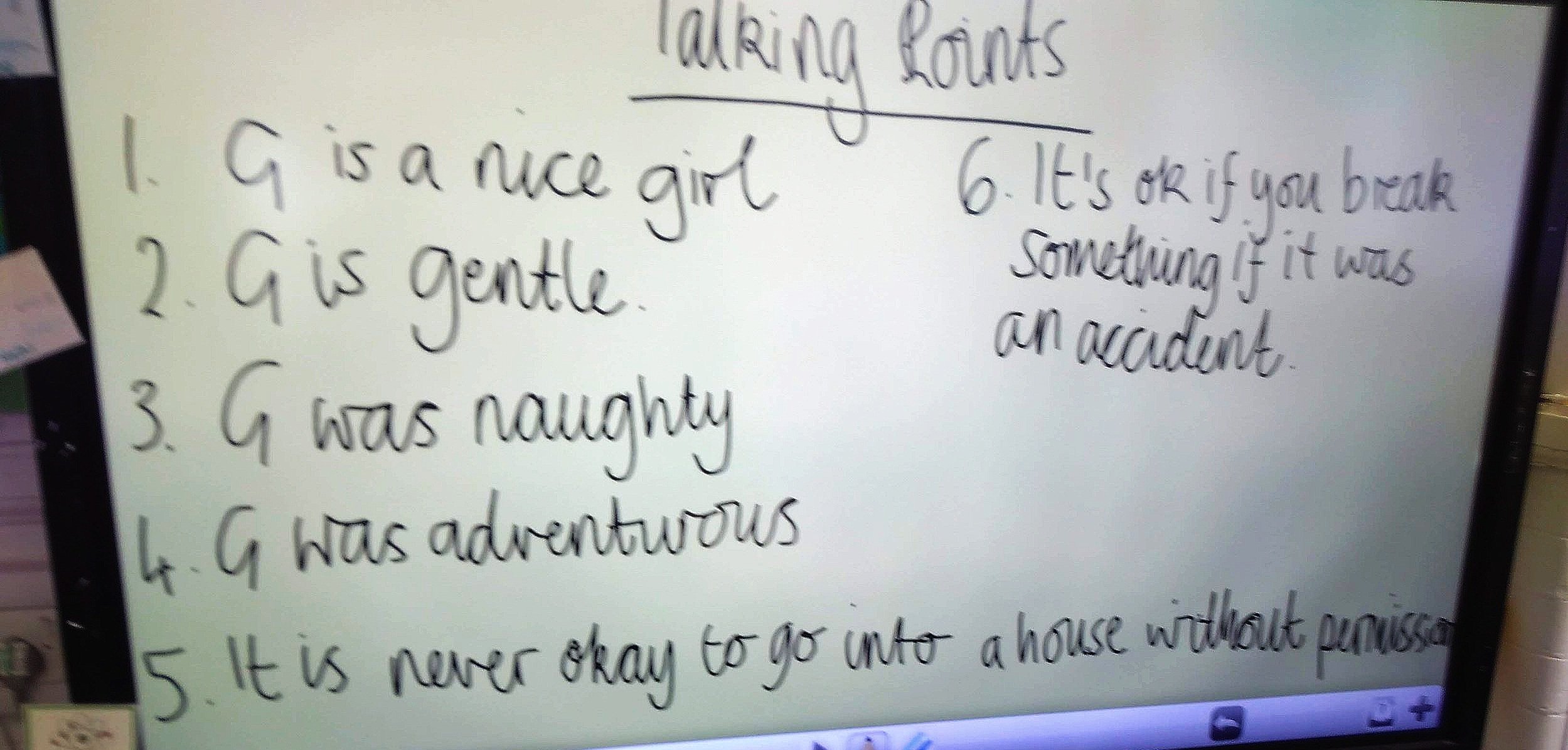
I highly recommend this podcast to anyone with an interest in oracy education
Let’s start talking about the impact screen time might be having on language development
An inspiring podcast on using classroom talk in a rich and meaningful way
What will your class make of these contrasting images of children’s lives around the world?
Sarah Lambert discussing what a high-quality oracy education looks like
Over 200 guides to help you do philosophy with children
Packed with example discussion scenarios, this book will help you raise your facilitation game
An inspiring and practical article that will help you improve talk for learning
A book exploring another helpful structure to promote high-quality talk
Strategies to help as many pupils as possible access philosophical enquiry
How one school is using philosophy to address community tensions and mental health
Full of practical ideas and lovely examples of children’s words; I recommend this book




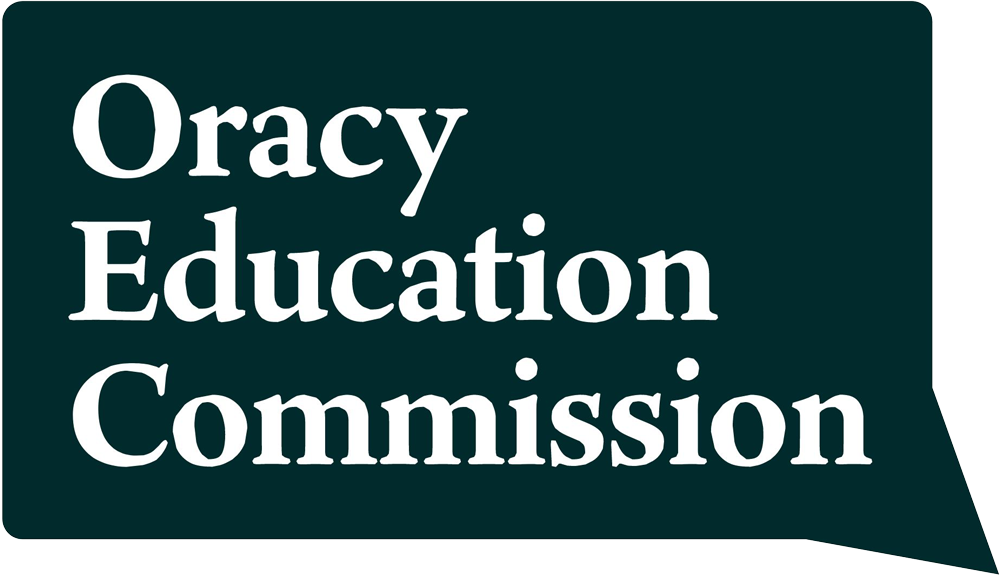
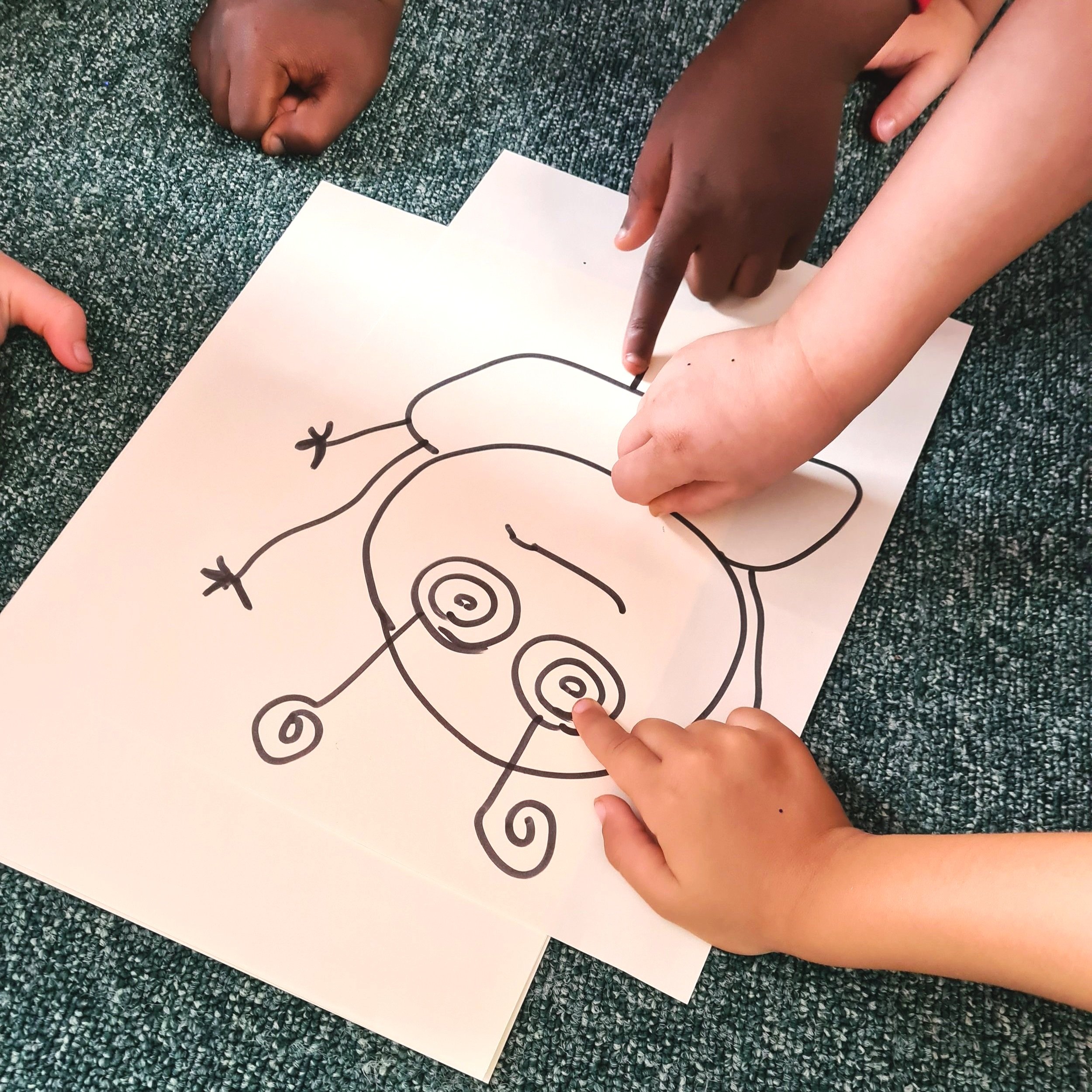
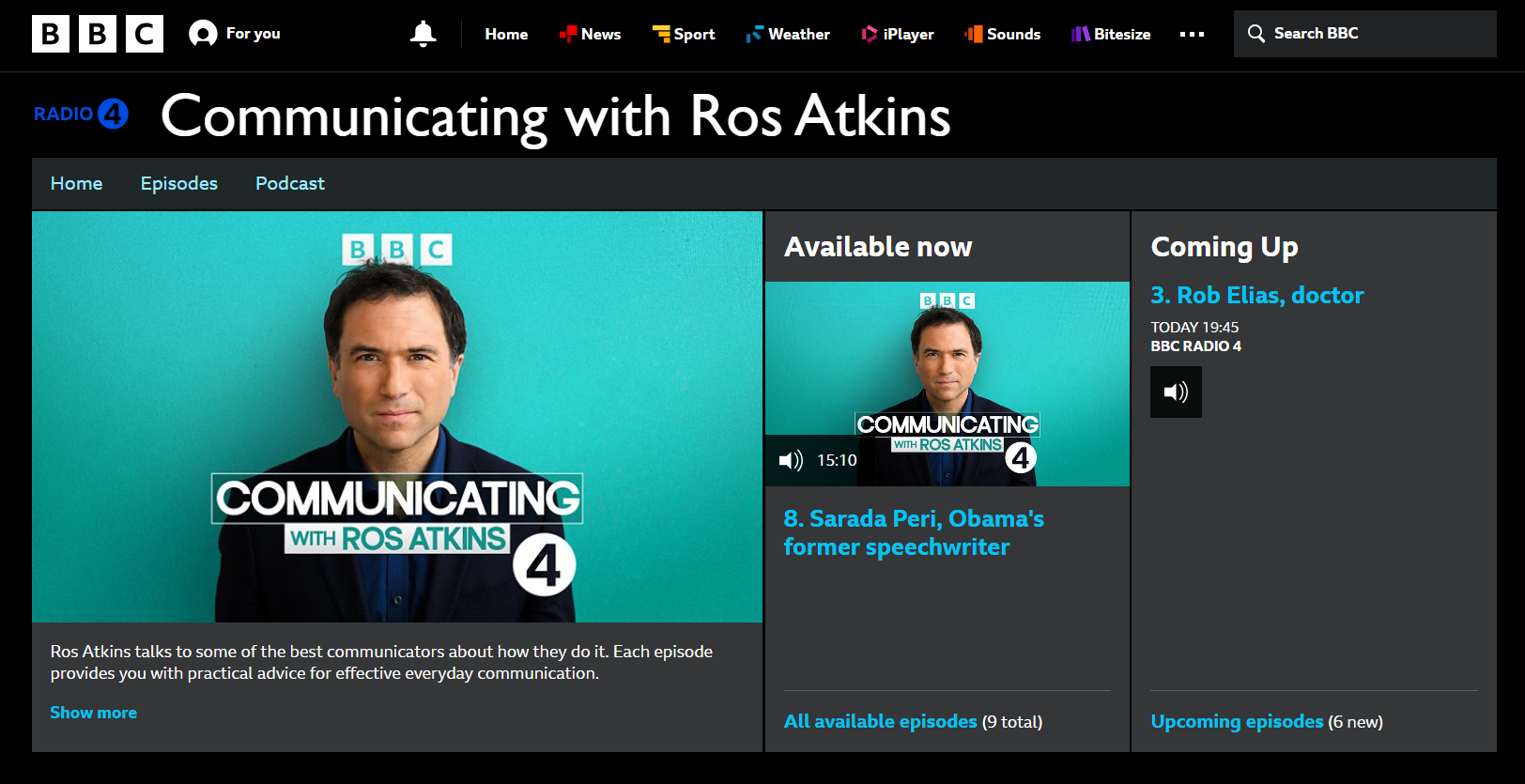


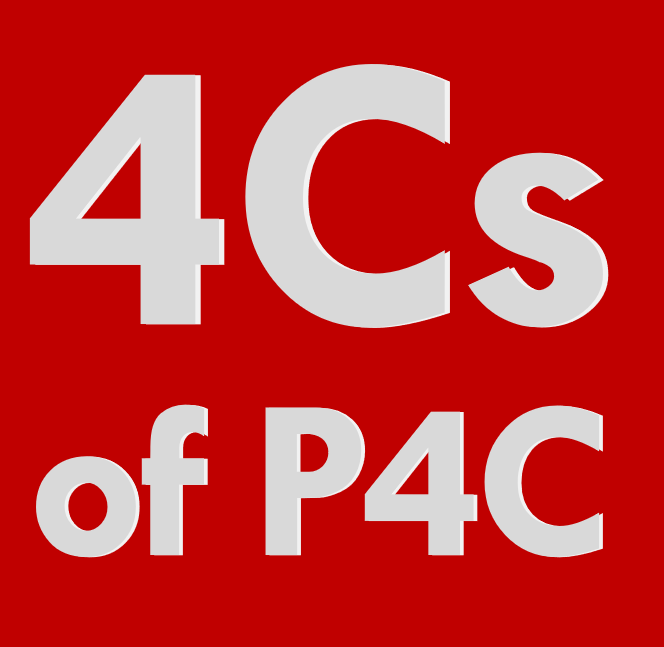

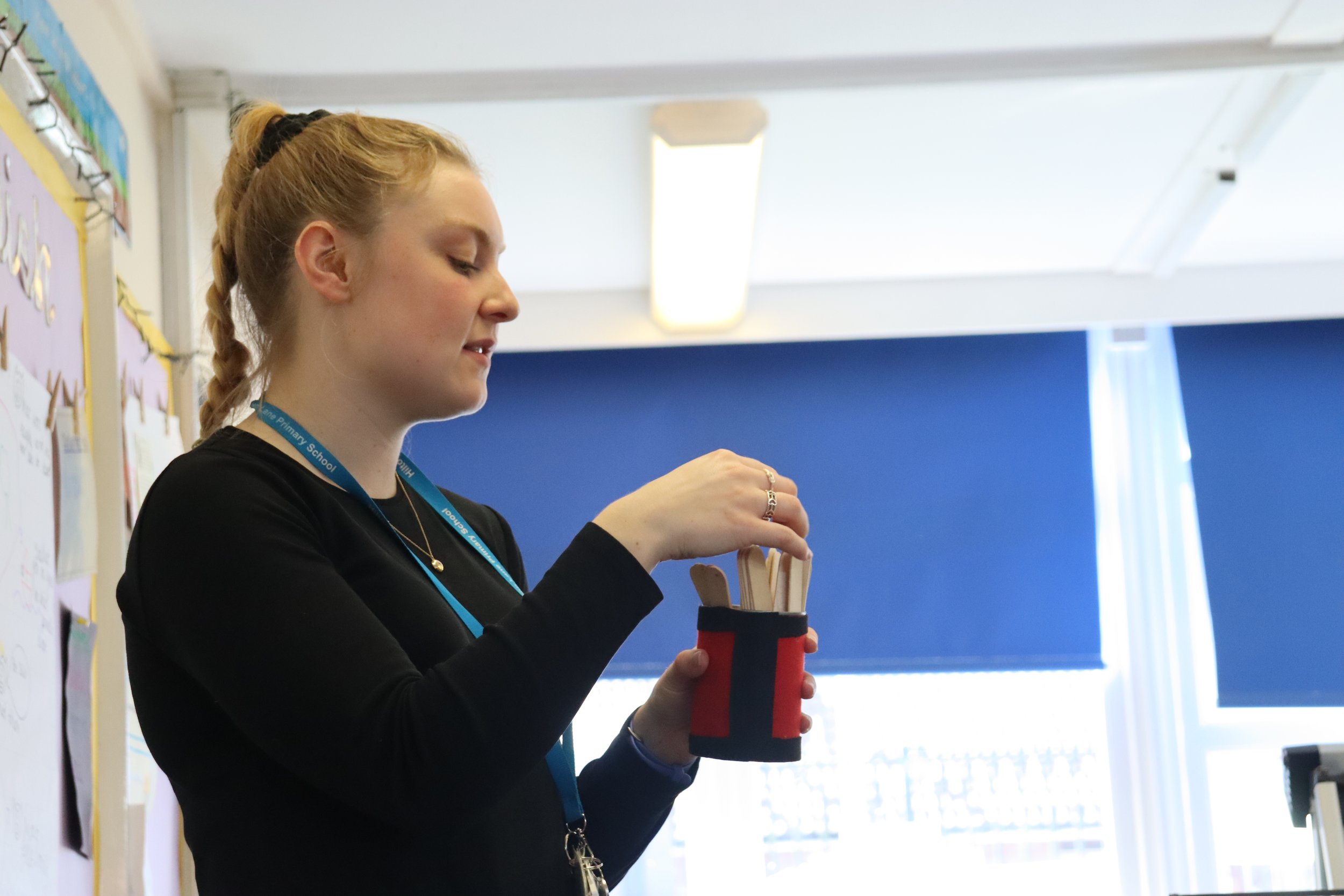
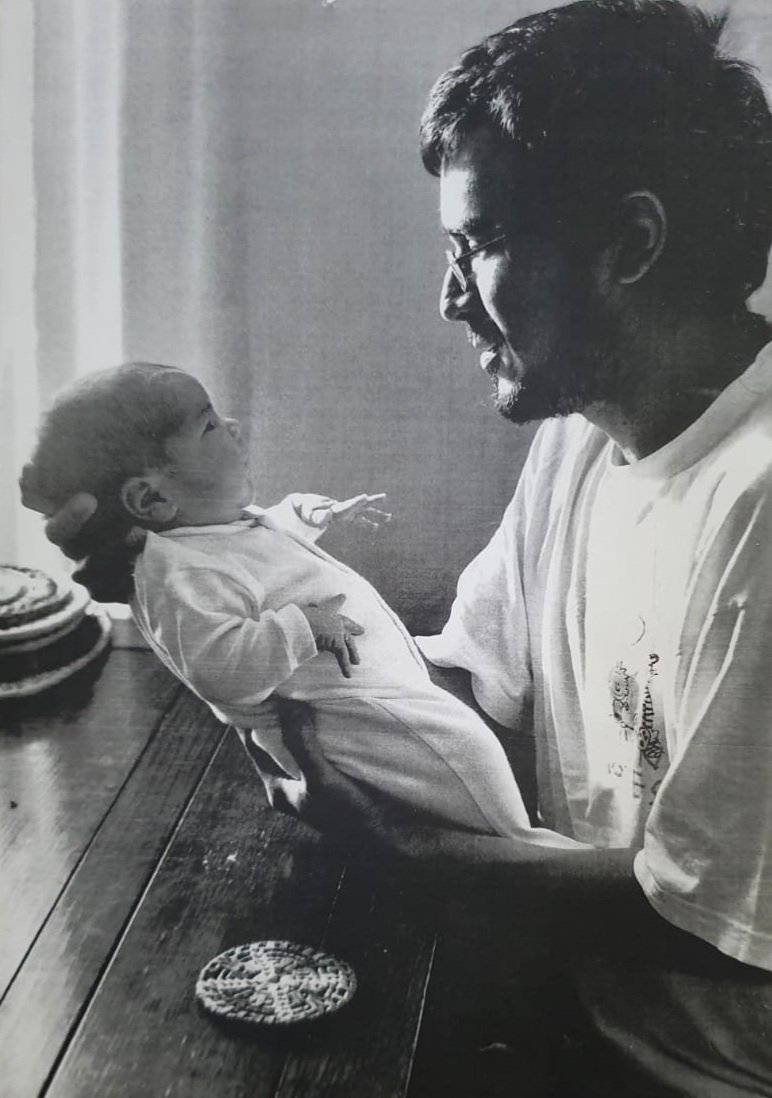

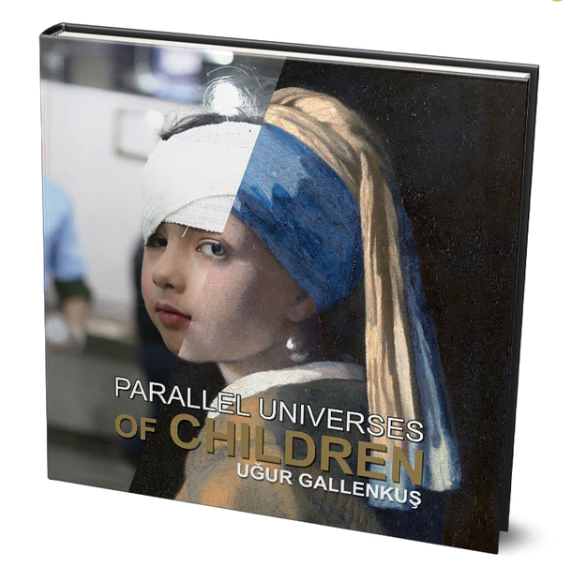





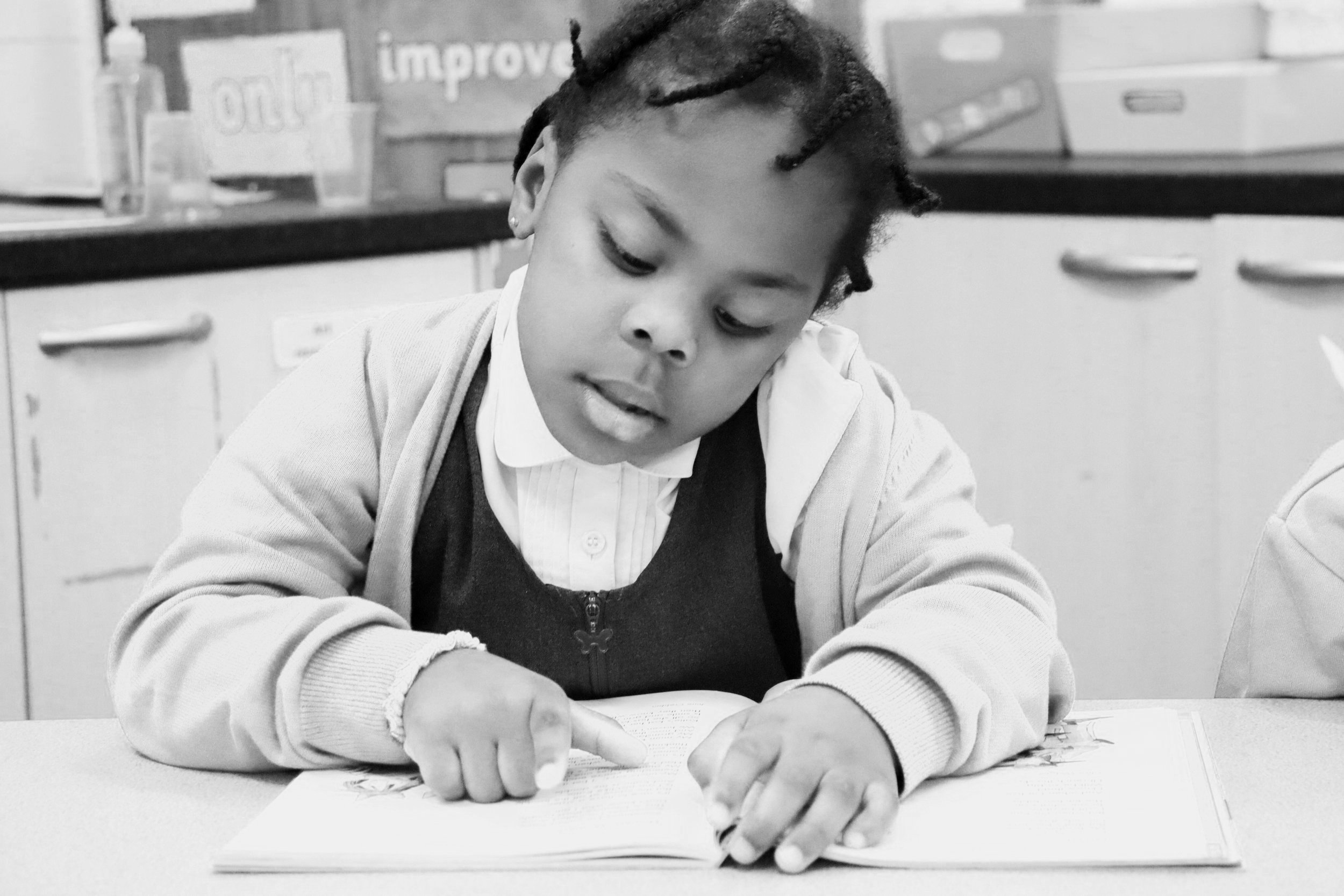



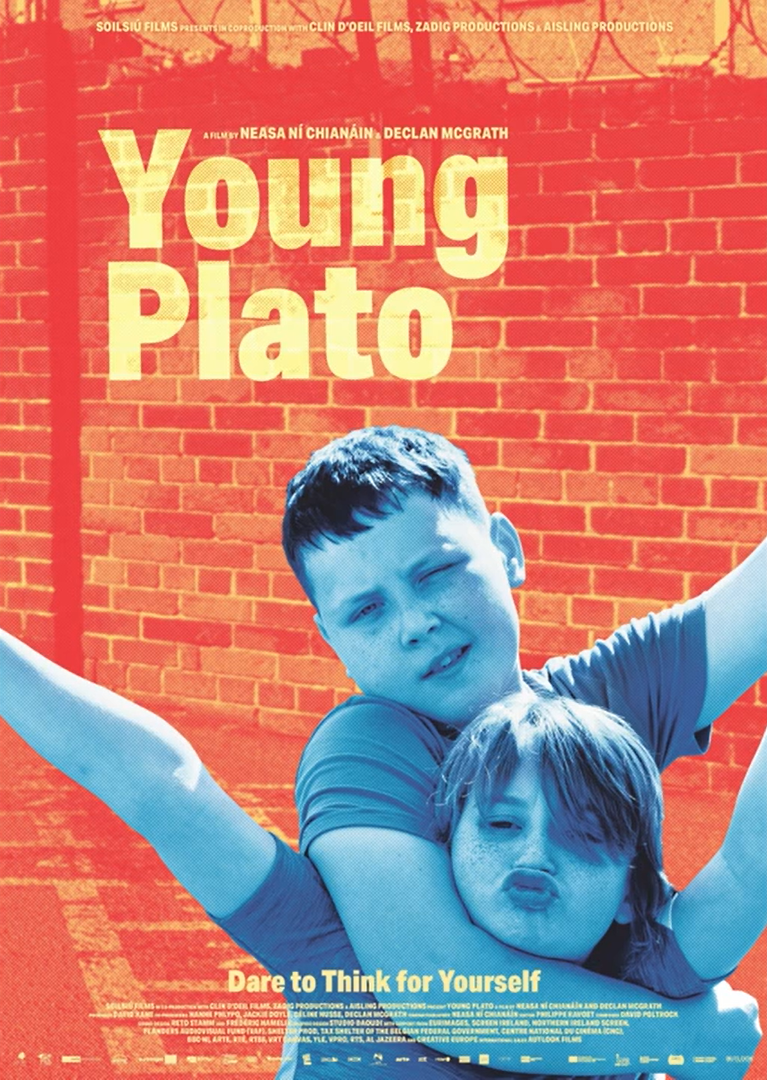
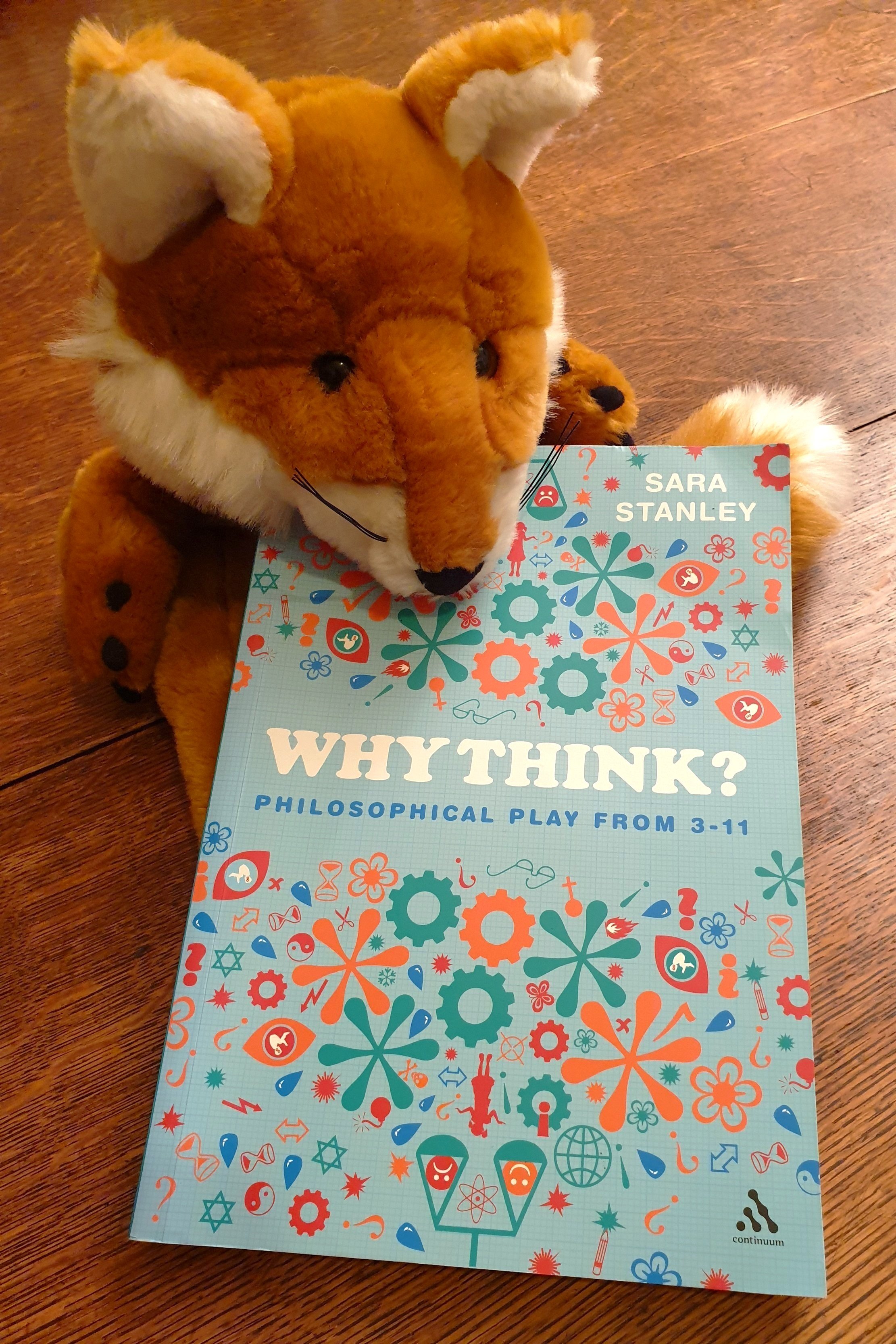


A fantastic, free resource to help your pupils develop their creative listening skills